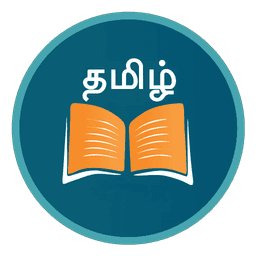12th Standard Syllabus & Materials
12th Standard
TN 12th Standard Biology Zoology - Reproduction in Organisms Creative Questions Study Material - QB365
NEW12th Standard
TN 12th Standard Biology Zoology - Reproduction in Organisms Creative Questions Study Material - QB365
NEW12th Standard
TN 12th Standard Biology Zoology - Reproduction in Organisms Creative Questions Study Material - QB365
NEW12th Standard
TN 12th Standard Biology Zoology - Reproduction in Organisms Creative Questions Study Material - QB365
NEW12th Standard
TN 12th Standard Physics Electronics and Communication Creative Questions Study Material - QB365
NEW12th Standard
TN 12th Standard Physics Electronics and Communication Creative Questions Study Material - QB365
NEW12th Standard
TN 12th Standard Physics Electronics and Communication Creative Questions Study Material - QB365
NEW12th Standard
TN 12th Standard Physics Electronics and Communication Creative Questions Study Material - QB365
NEW12th Standard
TN 12th Standard Physics Wave Optics Creative Questions Study Material - QB365
NEW12th Standard
TN 12th Standard Physics Wave Optics Creative Questions Study Material - QB365

Published on: 31/12/2022
QB365 provides a detailed and simple solution for every Possible Questions in Class 12 History Subject - Important 2 Mark English Medium. It will help Students to get more practice questions, Students can Practice these question papers in addition to score best marks.
Download Tamil Nadu 12th Standard History question papers, model tests, one-mark questions, important questions, and public exam papers in PDF format. Free study materials and answer keys for TN State Board students.
Questions + Answers key
Tamilnadu Stateboard 12th Standard Subjects

Maths

Chemistry

Physics

Biology

Computer Science

Business Maths and Statistics

Economics

Commerce

Accountancy

History

Computer Applications

Biology

Computer Technology

Computer Applications

Computer Science

Business Maths and Statistics

Commerce

Economics

Maths

Chemistry

Physics

Computer Technology

History

Accountancy

Tamil

English

French
Tamilnadu Stateboard Standards